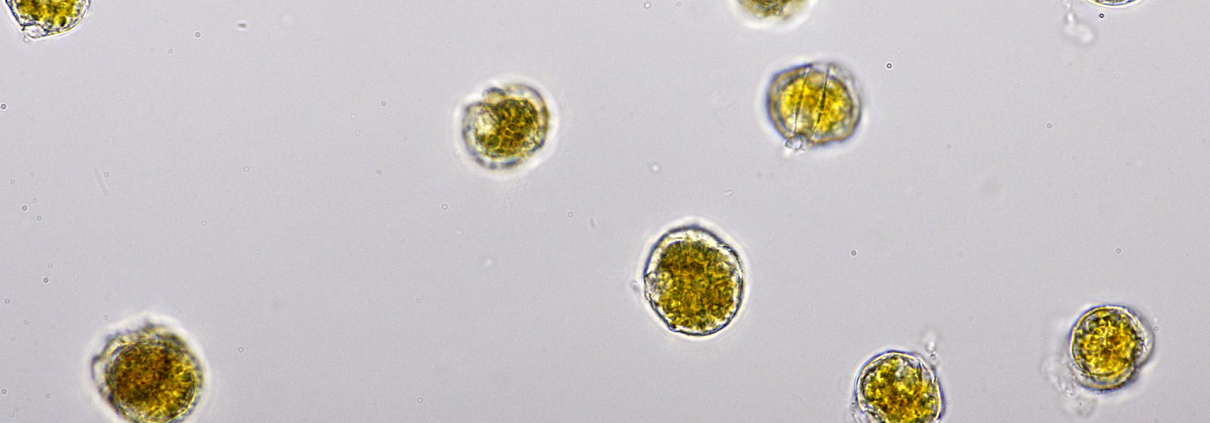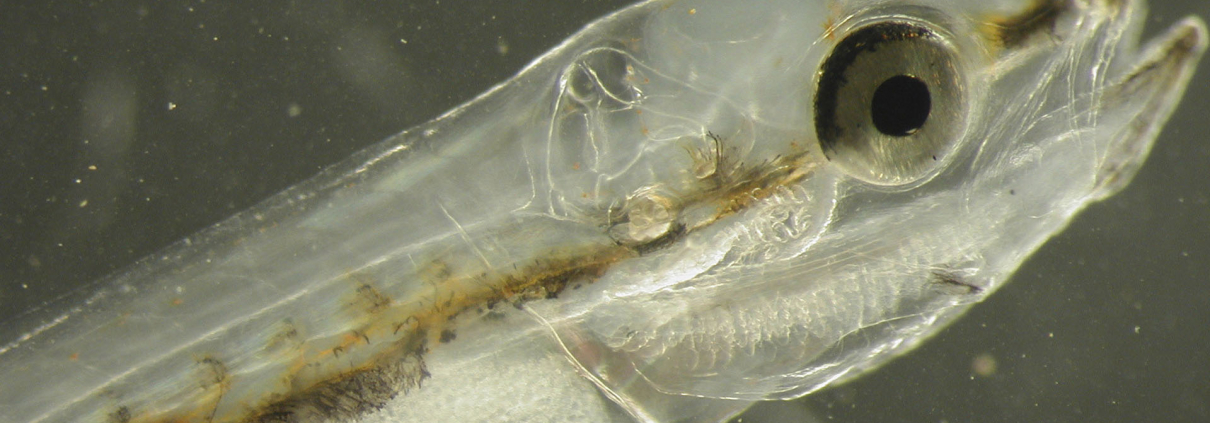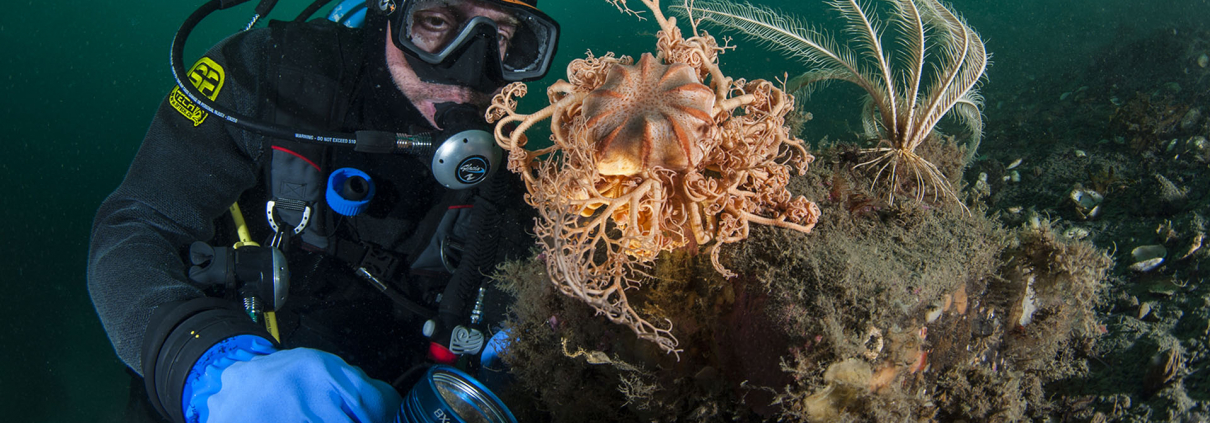GDR Phycotox
Since the 1980s, French coastal areas (metropolitan and overseas) are frequently affected by toxic or harmful algae. These microalgae can cause direct harm to the ecosystem (mortality of marine fauna) or indirectly to humans through their accumulation in bivalve molluscs, fish or other seafood.
Micro-algae at risk for humans and the ecosystem.







